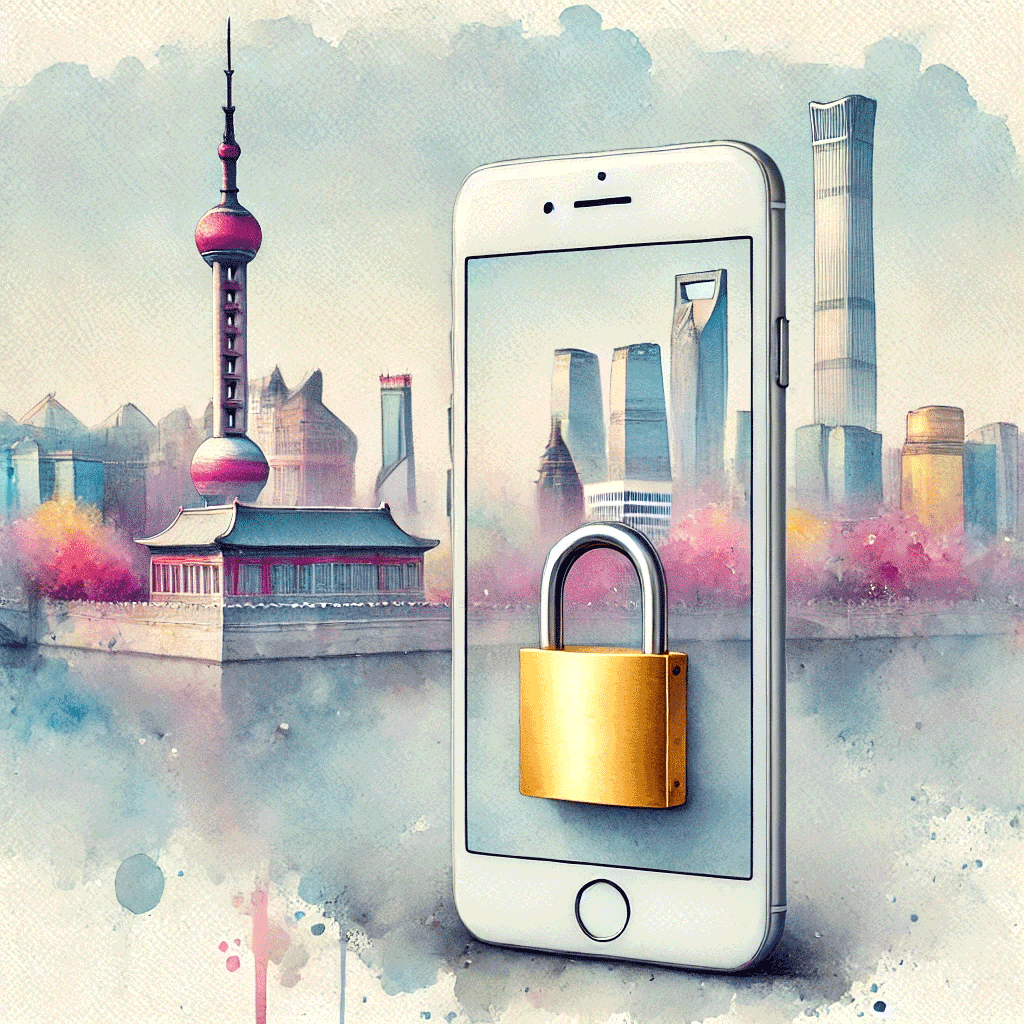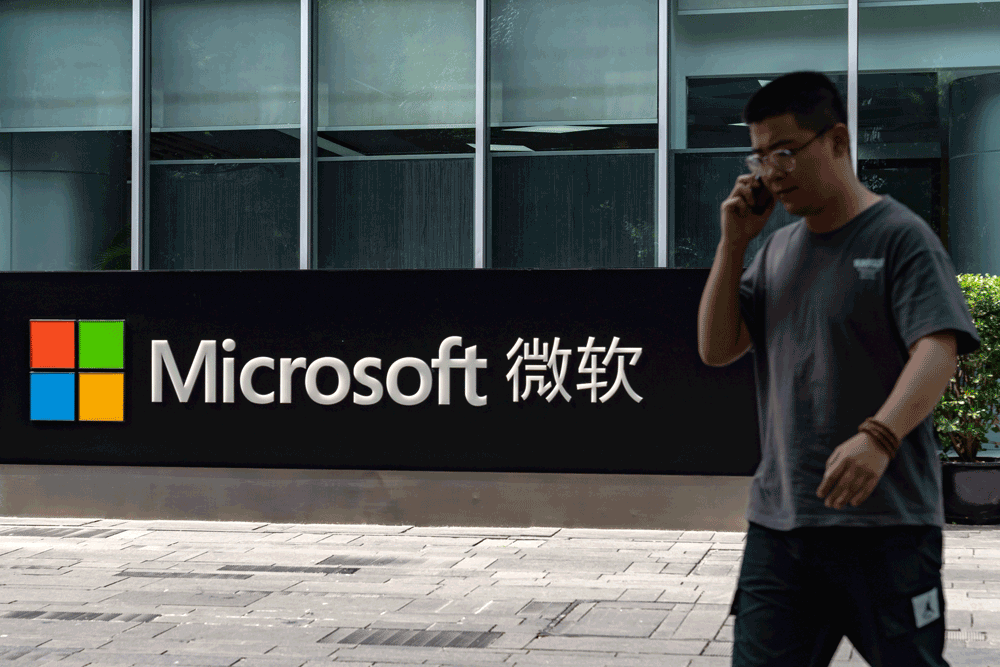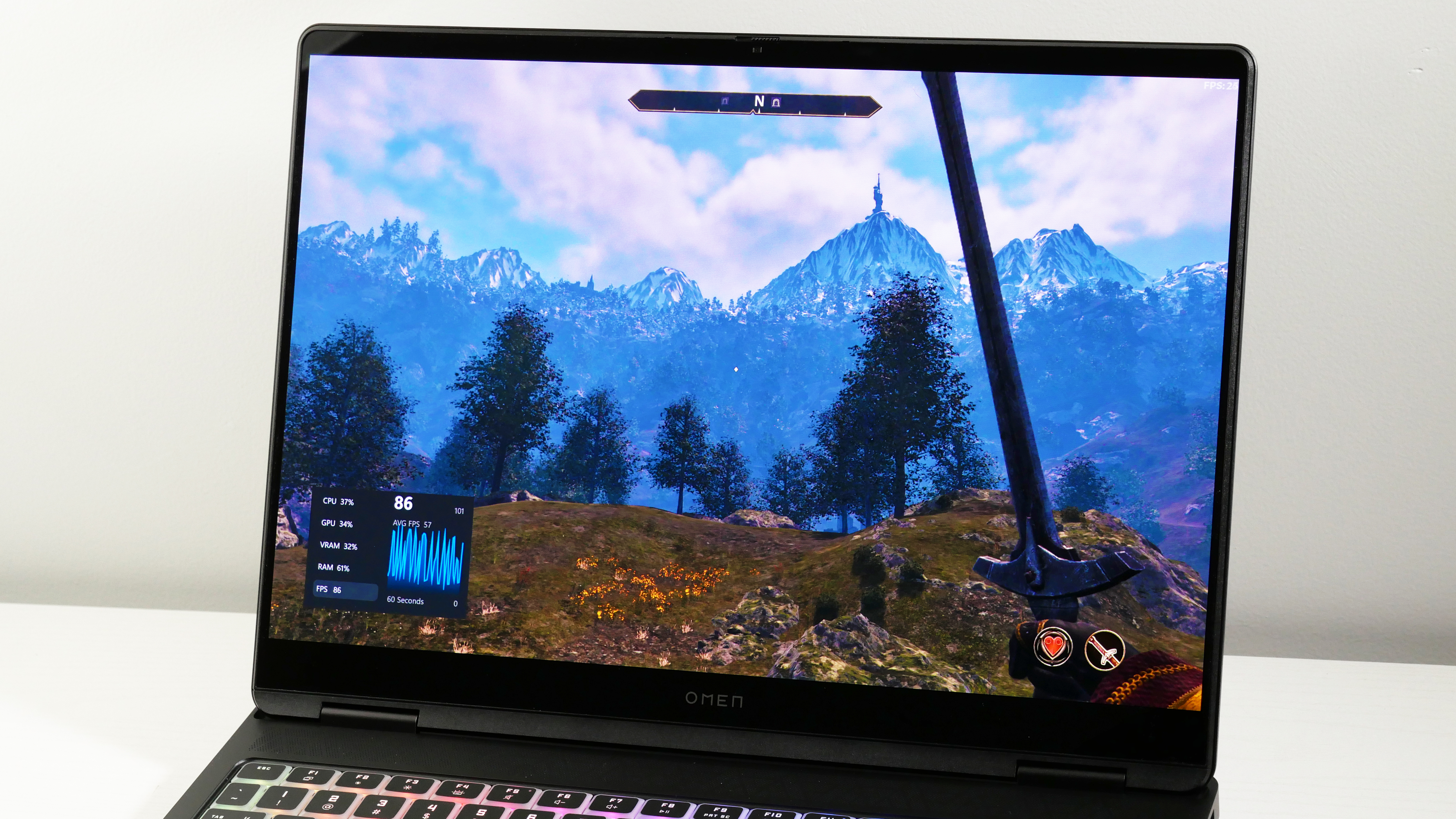Microsoft told its China staff to use iPhones. Here's why they are switching to a rival.
For any current Android users, the company will provide an iPhone 15, distributed at specific locations across China where Google services are accessible, including Hong Kong.

Microsoft's China-based employees will soon be forced to give up their Android phones for work use, according to a Bloomberg report published this week.
This means employees won't be able to use popular phones from Samsung, Google, OnePlus, Huawei, Xiaomi, or any other Android phone manufacturers — at least, not for work.
To be fair, Microsoft doesn't intend to make employees purchase an iPhone for this required switch, set to start in September 2024. For any current Android users, the company will provide an iPhone 15, distributed at specific locations across China where Google services are accessible, including Hong Kong.
This seemingly odd move is in response to multiple cybersecurity blunders, and it is part of Microsoft's Secure Future Initiative to "prepare for the increasing scale and high stakes of cyberattacks."
Over the past few months, Microsoft has been subject to quite a few major attacks, one of which involved emails from high-ranking government officials. So it's easy to understand why the company wants to boost security, but why does Microsoft need to ban Android phones to do so?
Are iPhones simply more secure?
iPhones aren't necessarily more secure than Android phones, although Apple does seem to be more cautious about what's allowed in the App Store compared to Google and the Play Store.
Rather, Microsoft employees in China will need to use the company's Authenticator password manager and Identity Pass app to verify their identity and securely log into work devices. While these apps are available for both Android and iOS, they're not easily accessible for Android phones via the Google Play Store.
Get The Snapshot, our free newsletter on the future of computing
Sign up to receive The Snapshot, a free special dispatch from Laptop Mag, in your inbox.
In a statement to Bloomberg, a Microsoft spokesperson said, "Due to the lack of availability of Google Mobile Services in this region, we look to offer employees a means of accessing these required apps, such as an iOS device."
We’re putting security above all else at Microsoft by expanding the Secure Future Initiative—our commitment to delivering solutions that meet the highest possible security standards. Learn more: https://t.co/J3jO7Jel0B #SecureByDesign #CloudSecurityMay 3, 2024
Charlie Bell, the executive vice president of Microsoft Security, says, "We are making security our top priority at Microsoft, above all else—over all other features." And to properly implement this plan for its China-based operations, a switch from Android phones to iPhones has to be made.
This decision is incredibly ironic, considering a report from the Wall Street Journal in September 2023 detailing China's ban on the use of iPhones by government officials.

Considering the strong relationship between Microsoft's Windows-based PCs and Google's Android phones, it'll be interesting to see whether there are any key updates or compatibilities that China-based employees miss out on with this forced switch to iPhone.
With this upcoming change in September 2024 and the establishment of Microsoft's Secure Future Initiative in November 2023, will Microsoft and its Windows operating system be the subject of less cybersecurity attacks? Only time will tell.

Sarah Chaney is a freelance tech writer with five years of experience across multiple outlets, including Mashable, How-To Geek, MakeUseOf, Tom’s Guide, and of course, Laptop Mag. She loves reviewing the latest gadgets, from inventive robot vacuums to new laptops, wearables, and anything PC-related. When she's not writing, she's probably playing a video game, exploring the outdoors, or listening to her current favorite song or album on repeat.
